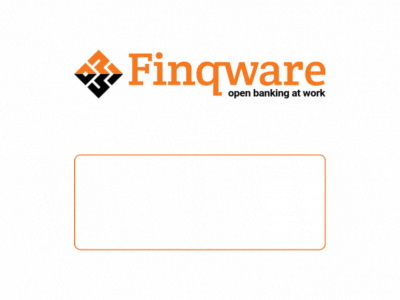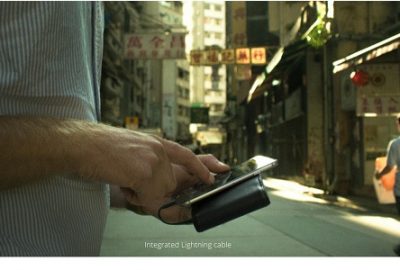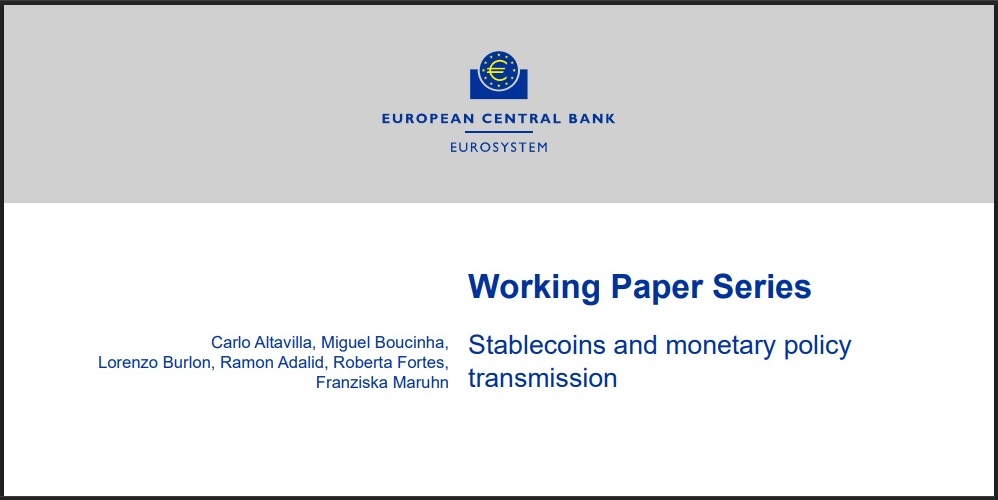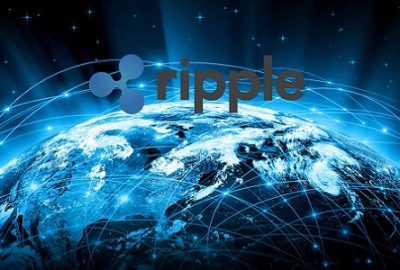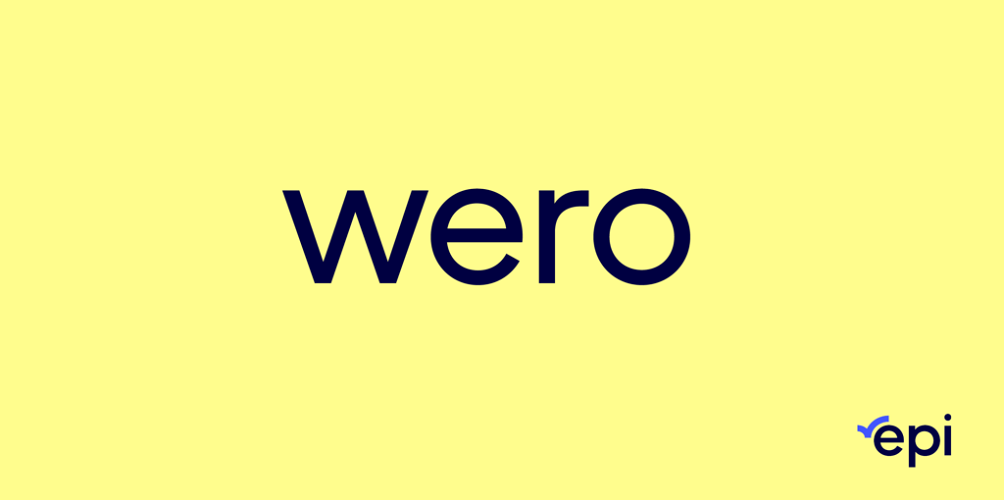Open Finance in Brazil completes two years with 15 million customers and more than 800 participants, among mandatory and voluntary institutions, of all sizes, including banks, credit unions, and fintechs
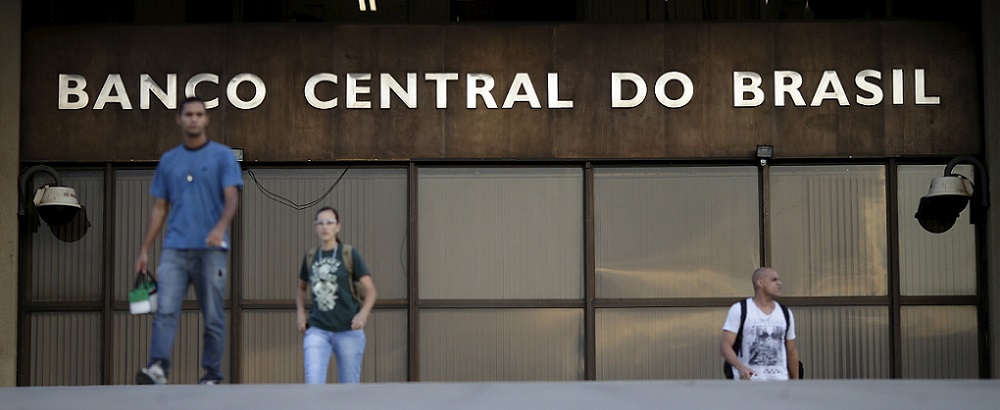
Participants are preparing to enable data sharing of new financial products and services, including investments, foreign exchange, insurance, and pension plans. The change provoked in the Brazilian National Financial System is far-reaching. The project is medium to long term.
„Two years after its launch, reaching the mark of 15 million unique clients and 22 million active consents in the system, Open Finance in Brazil continues its evolutionary agenda. There are already more than 800 participants, among mandatory and voluntary institutions, of all sizes, including banks, credit unions, and fintechs.” – according to the press release.
For 2023, participating institutions are expected to offer data sharing on new groups of products and services, such as investment, insurance, pension plans, and foreign exchange; to implement features aimed at legal entities; and to promote improvements on the data sharing and payment initiation journey.
Conceived as a medium to long term project, currently there are already innovations in products such as financial aggregators, that allow customers to view in one place all the banking products they have in different institutions; and better credit scoring models, which are increasing the number of credit portability operations. Additionally, payment initiation services are already being offered, improving customer’s payment experience in virtual environments.
„The major effects of Open Finance, such as reducing information asymmetry and promoting competition, will be perceived over time, gradually. These first two years were necessary for structuring this ecosystem and helping with the definition of an evolutionary agenda. It is an extremely complex project and with a great extent of change in the Brazilian National Financial System„, analyzes João André Pereira, head of the Financial System Regulation Department.
Data sharing in Open Finance occurs by the choice of the customer, who is the owner of his/her financial data, after three fundamental steps have been completed: i) consent within the institution that will receive the data for the purpose of providing a service to the customer, ii) authentication with the institution that holds the data to be shared, and iii) confirmation that the customer really wants to share the data in question. This consent, which has a fixed term and purpose, can be revoked at any time by the customer himself/herself.
The information that is the object of the consent is shared encrypted in a completely digital and secure environment through APIs, technology that allows systems of different institutions to talk to each other in a safe, agile, accurate way, and without the need for this information to be centralized. Customer data remains only in the institutions that share their information, based on the consent given.
It is noteworthy that Open Finance regulation is in harmony with the Brazilian General Data Protection Law (LGPD).
Evaluation and international recognition
According to the Global Open Finance Index, a report published by the Open Banking Excellence that evaluated 23 countries and jurisdictions, Brazil will surpass the United Kingdom, whose Open Banking initiative is considered a world reference, in number of users in a short time. Besides, Brazilian Open Finance stood out in the „Regulatory Environment” category.
Moreover, Banco Central do Brasil won the „Data Management Initiative Award” category at the FinTech and RegTech Global Awards 2022, organized by the Central Banking Institute.
________________
By definition, Open Finance is not a product in itself. It is the standardized sharing of data and services through the integration of systems. This ecosystem was regulated by Banco Central do Brasil and it is being implemented by banks, brokers, and other financial and payment institutions, organized in the form of the Open Finance Governance Structure.
Its objectives are to encourage innovation, stimulate competition, and increase efficiency in the National Financial System. In addition, it aims to promote financial citizenship in the country.
Dariusz Mazurkiewicz – CEO at BLIK Polish Payment Standard
Banking 4.0 – „how was the experience for you”
„To be honest I think that Sinaia, your conference, is much better then Davos.”
Many more interesting quotes in the video below:
